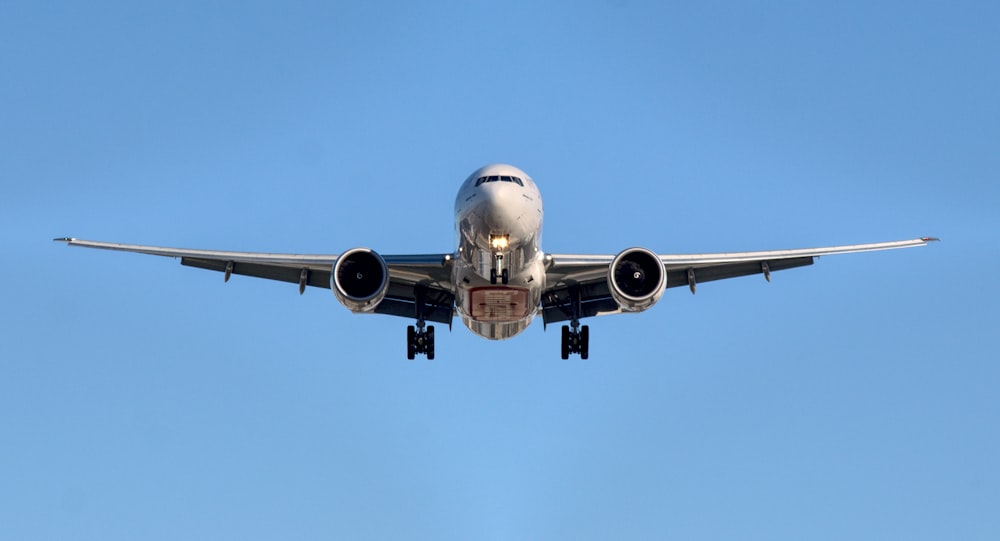Rapid Growth In Demand For Private Flights Continues As Headwinds Gather For Industry
Private aviation continues to be an increasingly popular option for passengers as travel resumes in earnest and the COVID-19 pandemic eases for many destinations worldwide. This is great news for an industry that has long been seen as exclusive or out of reach for many travelers, but the surge in demand is also posing challenges that private aviation companies will be forced to address. Flexibility in scheduling and convenience from an end-user perspective is critical, but could supply chain issues put less nimble private aviation companies out of business for good? And which companies will benefit most from this turbulent time in private aviation?
Booming demand for private aviation continues
In the U.S., travelers embarked on 323,000 private flights in October, according to Argus International, an aviation industry consultant firm. That marks the most flights of any month in 2021; the second busiest month for private flights was July at 302,000 trips.
The growth in private aviation has a lot to do with the COVID-19 pandemic. Throughout the pandemic, most travel ceased entirely. For those who continued to fly, however, private aviation was the only option. For many, it became clear that the myths about private air travel were just that, and private air travel is a viable, efficient, comfortable alternative to the rigors of commercial air travel.
Now that the COVID-19 pandemic is waning and travel is resuming, many remain concerned about the conditions of flying on a packed commercial flight. Further, innovative services are disrupting the private aviation space and doing what ridesharing applications did for black car services. Due to this shift in the market, private flights are more widely available, proving cost-effective for a broader demographic of passengers than many travelers previously realized.
Challenges posed by growing demand for private flights
Unfortunately, the increased demand for private flights is not without its growing pains. The need for more planes and more routes is pressing the private aviation industry, which is booked to capacity. Private charter flight services and air taxi services are facing frequent delays and cancellations; in fact, according to a Private Jet Card Comparisons study, 20% of private jet passengers reported experiencing a customer service issue in recent months.
That is, in large part, due to supply chain issues currently being felt in the broader economy as well. Private aviation isn’t immune, as demand is outstripping supply. Manufacturers like General Dynamics ($GD), Bombardier ($BDRBF), and Textron ($TXT) are increasing production to meet this demand.
However, as costs increase for private jets along with demand, private charter services like Wheels Up ($UP) could find it difficult to expand their fleets in a cost-effective way. Companies that are largely dependent on their proprietary fleets, rather than an extended network of Part 135 operators like a flight-sharing air taxi service, may come up against the limits that inflation, rapidly increasing demand, and a beleaguered supply chain impose.
That is especially a concern for passengers that have paid for memberships through some of these services. Although they’ve handed over six figures or, in some cases more, they may find themselves unable to book the flights they need for their schedule.
Only air taxi services that are able to offer reliable availability of private flights will be able to survive as more travelers gravitate to private aviation in the post-pandemic world. Moreover, services that require a membership may see increased skepticism from passengers until supply catches up with demand -- after all, who wants to prepay for a service that might be available when they need it? Instead, real-time, on-demand booking through a mobile application based on current routes and capacity will be the experience users gravitate towards.
To survive the current sea change in private aviation, companies will need to be responsive to customers' needs and minimize delays or cancellations to the greatest extent possible. Those that don’t will be left behind. The bottom line for would-be private aviation disruptors is customer experience. For investors, the question is simple: does this company make private flying simple?
Disclosure: Marc is the President and CEO of Flewber, a private airline taxi service.





How does the industry look, in a post-Covid world?